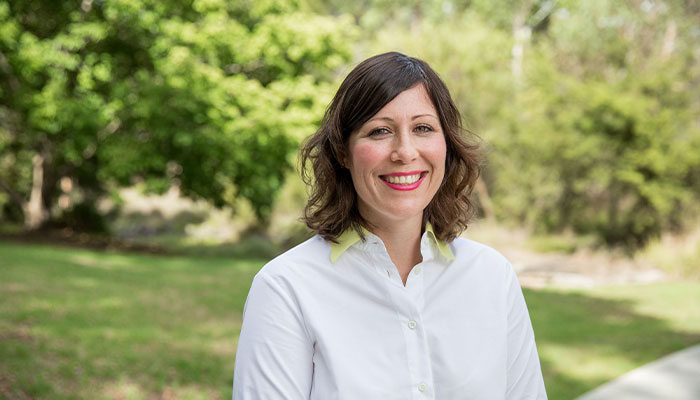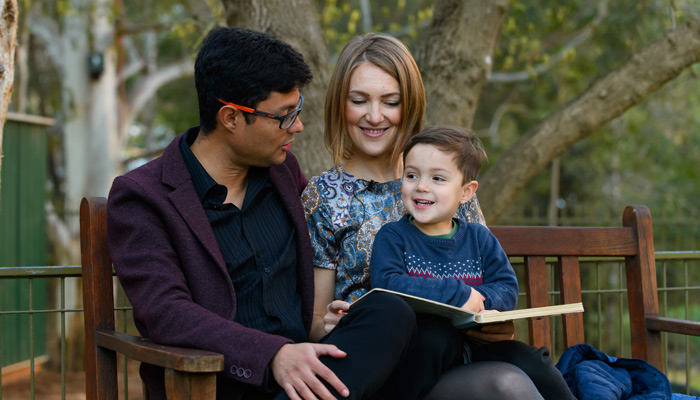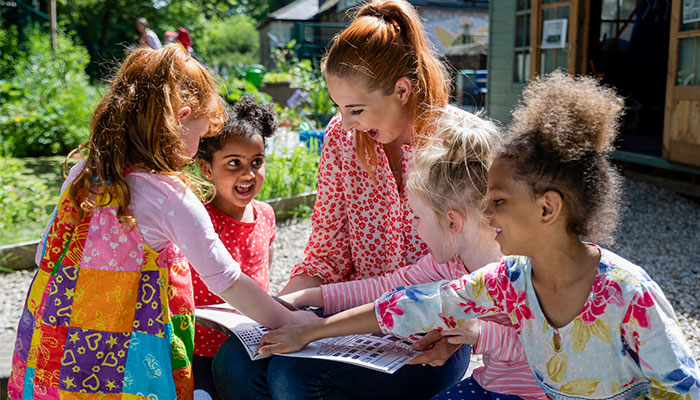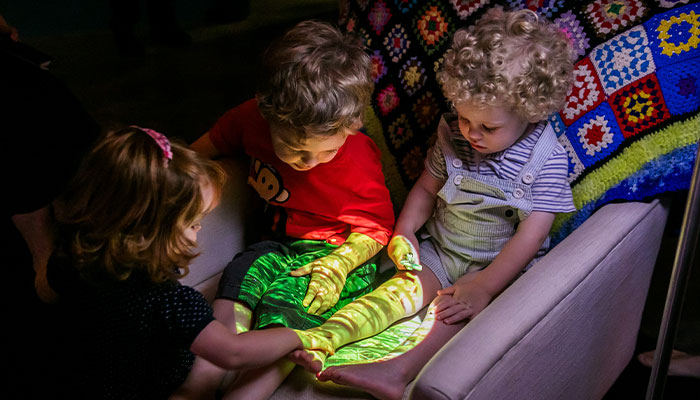The television commercials tell us we are all 'in it together', but the COVID-19 pandemic has had dramatically varied effects on different communities across Australia and the world.

Disconnection: Young people and adults spoke movingly to interviewers of missing their friends during lockdown.
New research that we have published reveals that the autistic community – which includes autistic people, their families and friends – has been particularly hard hit.
In-depth interviews with more than 130 people from all across Australia, conducted by both autistic and non-autistic researchers, demonstrates just how poorly supported many have been during the crisis.
Although they acknowledge how much effort has been made by government officials and others, they have found efforts to move therapies and other health support online unsatisfactory and individualised support for schooling from home lacking.
Autistic people mentioned again and again just how much they were missing their friends, and also their neighbours, local shopkeepers and the general community.
They also emphasised the difficulties brought by the social isolation that followed from strict lockdown requirements. During the interviews, young people and adults alike spoke movingly of missing friends and of the challenges generated by the absence of broader, more incidental, forms of social connection.
Many mentioned the deeply detrimental impact that such disconnection had on their mental health.
We need a national plan of action
These findings in our study, titled 'I want to see my friends': The everyday experiences of autistic people and their families during COVID-19, show just how important it is that all levels of government develop distinct strategies for supporting potentially vulnerable groups, including autistic people, as the COVID-19 crisis continues. Such a strategy would be considerably stronger if it involved autistic people themselves in its design.

Crisis moments: Professor Liz Pellicano says autistic people mentioned repeatedly how much they were missing their friends during lockdown.
This strategy should ensure that face-to-face support structures, which are often critical for the wellbeing of autistic people, must not be closed down without adequate alternatives being put in place. Telehealth and distance learning options have not been good enough so far and desperately need improvement. Continuity of care is vitally important to autistic people and their families and will have to be built-in to emerging alternatives.
The strategy should also help enhance the social relationships more broadly that are also crucial to educational wellbeing and mental health. In this research, autistic people mentioned again and again just how much they were missing their friends during lockdown, and how they were also missing their neighbours, local shopkeepers and the general community.
As part of the ongoing strategy, therefore, a national plan is needed for helping autistic people, and others, to maintain and even deepen their social relationships during these moments of crisis.
Some other governments in the world have already launched programs to tackle loneliness and isolation, to underpin community efforts to provide aid and support to people at neighbourhood level. It is time that Australia did the same.
Liz Pellicano is a Professor and Research Fellow at Macquarie University's School of Education.



